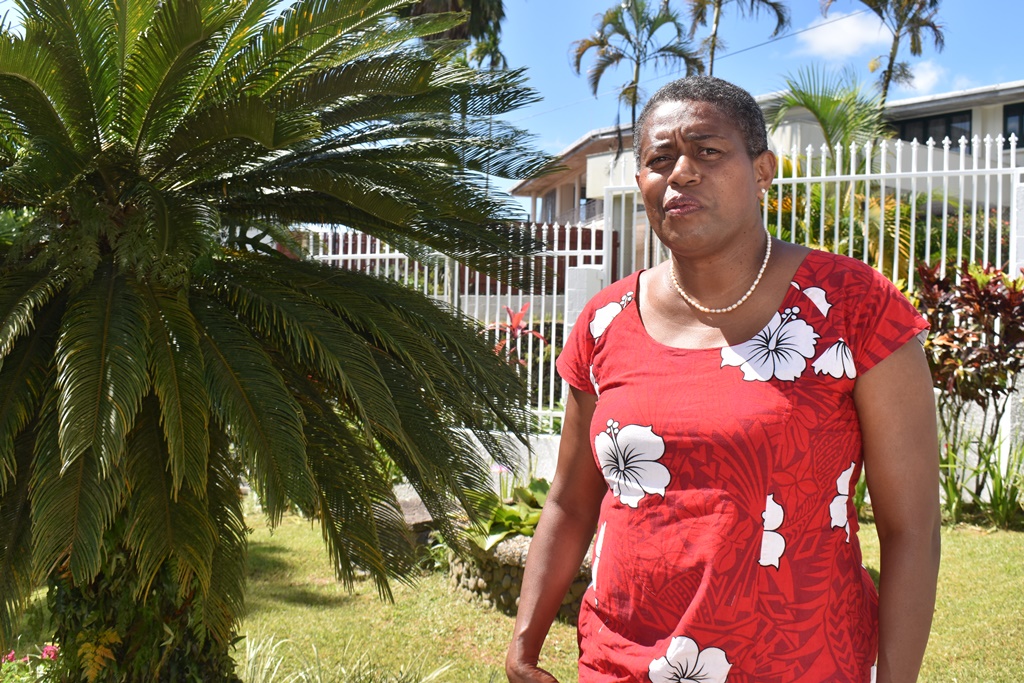Well-known local psychotherapist Selina Kuruleca has challenged government’s decision not to provide ethnic data from census and surveys.
In an interview on the Fiji Times Online digital program ‘The Lens @177’, she was asked what the ethnic data was telling her in terms of cases she has received or treated.
“I have a lot of people come and see me and I visit a lot of communities, I see more males than females,” Ms Kuruleca said.
“In terms of ethnic breakdown, I have more iTaukei visiting me just because I am also iTaukei but in the groups and communities that we go to and hospitals and help-seeking behaviour, the Fijian of Indian descent is more likely to seek help than the iTaukei.
“This help-seeking behaviour pattern has been this way for a very long time, I know that politically we are told not to talk about ethnicity – I challenge that and I actually think that it is wrong that we hide ethnicity because the ethnicity will tell us then how to put or what interventions to put in place.
“For example, let’s talk about something very basic like diabetes.
“If I am Fijian, my diet is most likely to be dalo and tavioka and the rest of it – very high in carbs, possibly starchy – affecting the diabetes.
“If you’re a Fijian of Indian descent, your diabetes – what is your diet and if you’re going to get amputated – who’s going to stay and help you?
“Because the way the iTaukei is set up, there is a lot of extended family around that iTaukei person.
“The Fijian of Indian descent, you’re going to get amputated, your nuclear family is the one that suffers.
“So we need to look at ethnicity because ethnicity will help us identify some of the interventions that we need to put in place that is specific because of your ethnic group.
“We’re not trying to politicise anything by talking about the numbers are high in this ethnicity or that ethnicity, but these are facts.
“And the world over where they look at diabetes, where they look at cardiovascular, whether you look at RHD, you need to look at ethnicity because that talks about etiology, etiology then points the direction of where your intervention needs to come from.”





